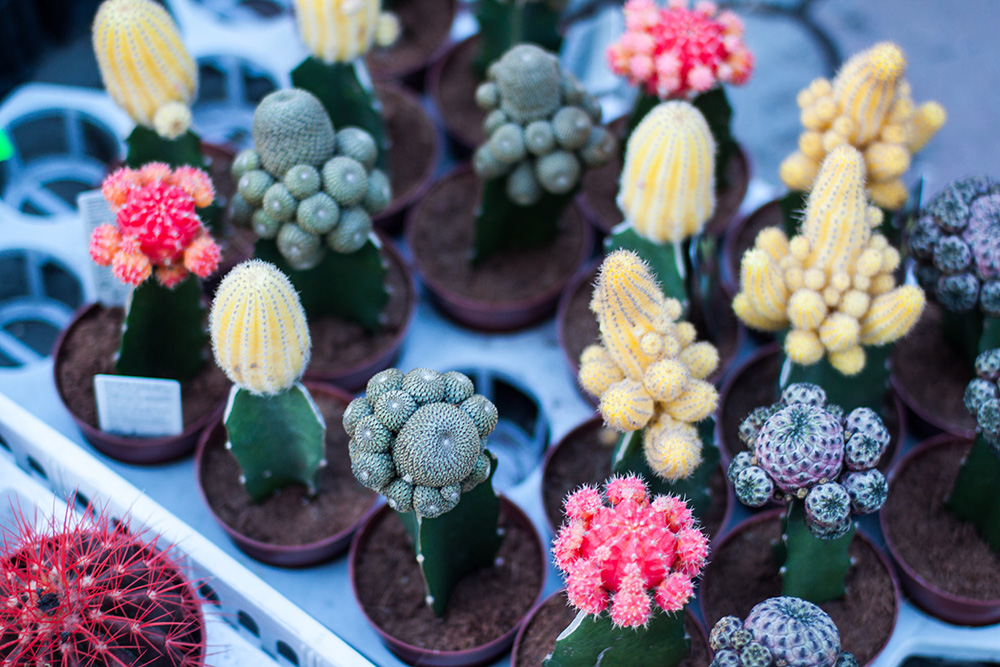By ANTHONY KITIMO
German biotech company BioNTech SE has announced the start of its malaria project, which aims to develop safe, effective and sustainable malaria vaccine supply solutions in Africa.
BioNTech wants to build on its success in developing a Covid-19 vaccine (in conjunction with Pfizer) by developing the first vaccine for malaria based on mRNA technology and aims to start clinical testing by the end on 2022.
BioNTech will assess multiple vaccine candidates featuring known malaria targets such as the circumsporozoite protein (CSP), as well as new antigens discovered in the pre-clinical research phase, selecting the most promising ones for clinical development.
The companys project is part of a programme by the kENUP Foundation to accelerate the eradication of malaria.
The response to the pandemic has shown that science and innovation can transform peoples lives when all key stakeholders work together towards a common goal, said BioNTech chief executive and co-founder Ugur Sahin.
mRNA vaccines
Advertisement
World Health Organization head Tedros Adhanom Ghebreyesus said mRNA vaccines prompt the human body to make a protein that is part of the pathogen, triggering an immune response. They are also quicker to develop than traditional vaccines and can be adapted relatively easily.
The very high efficacy of two mRNA vaccines for Covid-19 have shown the world just how powerful this technology could be against many diseases, including malaria, said Ghebreyesus, who started his career as a malaria researcher.
The worlds first and only licensed malaria vaccine, Mosquirix, was developed by GlaxoSmithKline over many years of clinical trial across several African countries, but is only around 30 percent effective.
Scientists around the world have been working for decades to develop a vaccine to prevent malaria that infects millions of people every year and kills more than 400,000 most of them babies and young children in the poorest parts of Africa.







